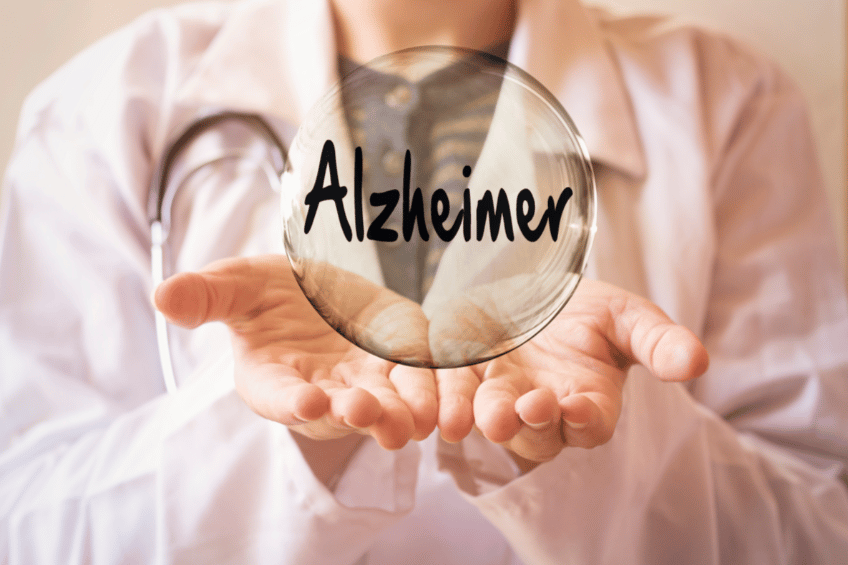Overview
Have you recently noticed that it’s hard to retain new information or, perhaps, you’re having trouble with names or dates?
Forgetting some things from time to time is absolutely normal, but memory loss that disrupts your daily life may be a sign of Alzheimer’s. Alzheimer’s disease occurs when the brain undergoes complex changes which cause a slow decline in memory, thinking and reasoning skills.
Scientists have discovered that brain damage starts a decade or more before a person begins experiencing the first symptoms. This period of Alzheimer`s is called the preclinical stage, where they may be no symptoms, but irreversible changes are taking place in the brain. In total, there are 4 stages of Alzheimer`s progression: preclinical, mild (sometimes called early-stage), moderate, and severe (sometimes called late-stage).
When do the first signs usually show? This depends on the variety of the disease. Most people tend to have the late-onset variety; in this case, symptoms usually show in their mid-60s. However, with other varieties, the age might be as young as 40.
Are You at Risk?
According to the Alzheimer`s Association, the risk of the disease increases with age, affecting approximately 1 in 14 people over the age of 65 and 1 in every 6 people over the age of 80.
Unfortunately, around 1 in every 20 people under the age of 65 are diagnosed with early- or young-onset Alzheimer’s disease.

What Causes Alzheimer`s?
It is widely believed that an abnormal build-up of proteins in and around the brain cells is responsible for the development of Alzheimer`s. Although scientists still don`t know what exactly causes this process to begin, as soon as the brain cells become affected, the amount of chemical messengers (neurotransmitters) involved in sending signals between brain cells in the body starts to decrease. The first brain area that suffers from this is the hippocampus, responsible for memories.
Although it’s still quite a mystery what triggers Alzheimer’s disease, some factors may increase the risk of developing this condition.
- Age. This is the most significant factor. Chances of developing Alzheimer`s double every 5 years after the age of 65.
- Family history. If there are any family members who have developed dementia, there is a high chance that it might be in the gene pool. It is a highly genetic disease.
- People with Down’s syndrome are at a higher risk. This happens because the syndrome may also cause protein to build up in the brain over time, which can contribute significantly to other problems, including Alzheimer’s.
- Recent research suggests other factors, although this does not mean that they are directly responsible for causing Alzheimer`s. They include: cardiovascular disease, untreated depression, social isolation and hearing loss.
While a number of Alzheimer`s signs and symptoms may be quite general and similar to other conditions, it’s important to know and be able to identify the early signs in yourself or your loved ones. It is always best to seek medical attention if anything worries you.
Here are 10 Alzheimer`s warning signs and symptoms:
